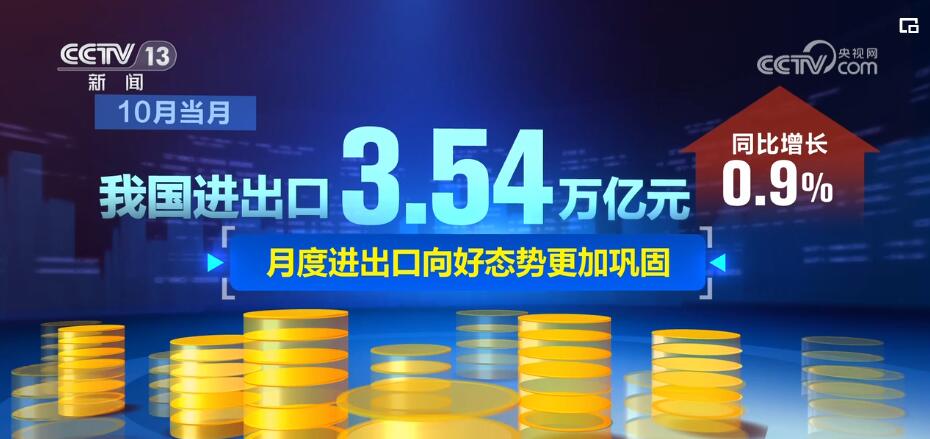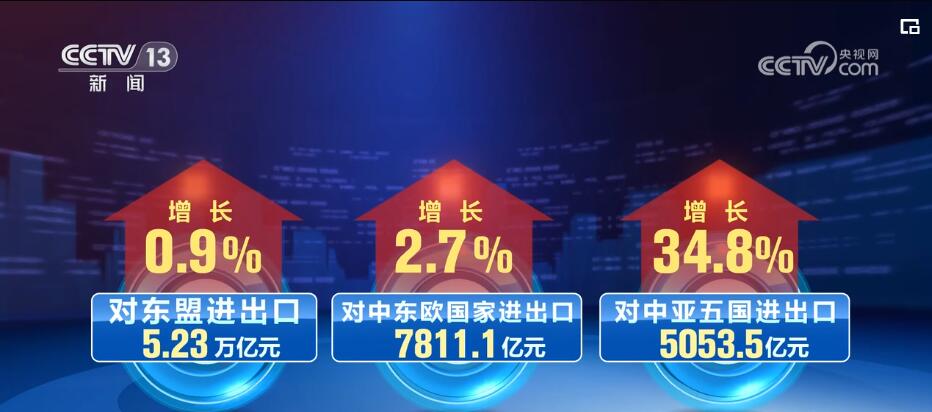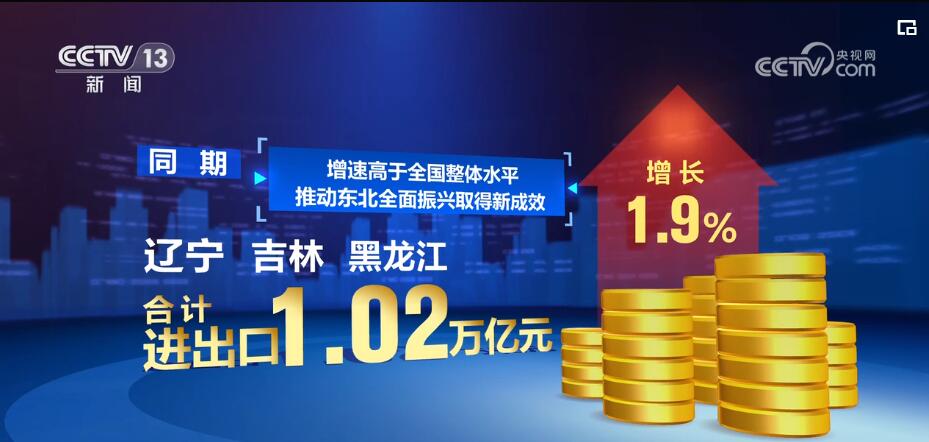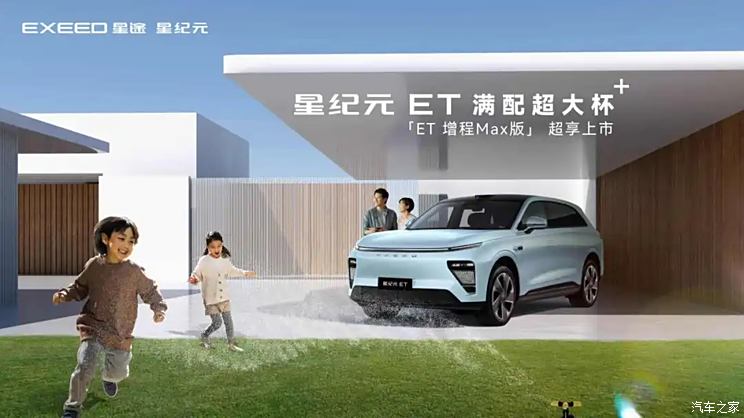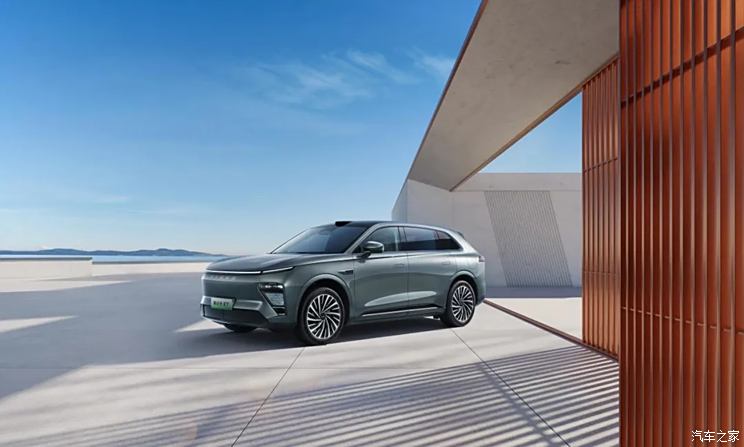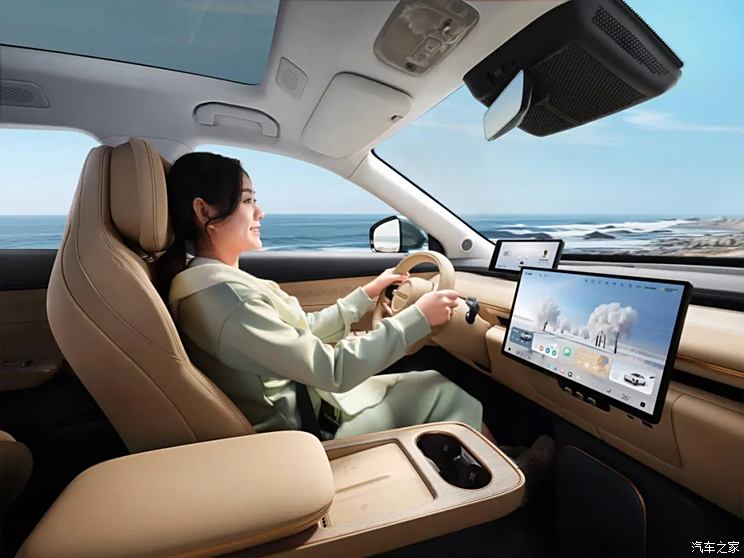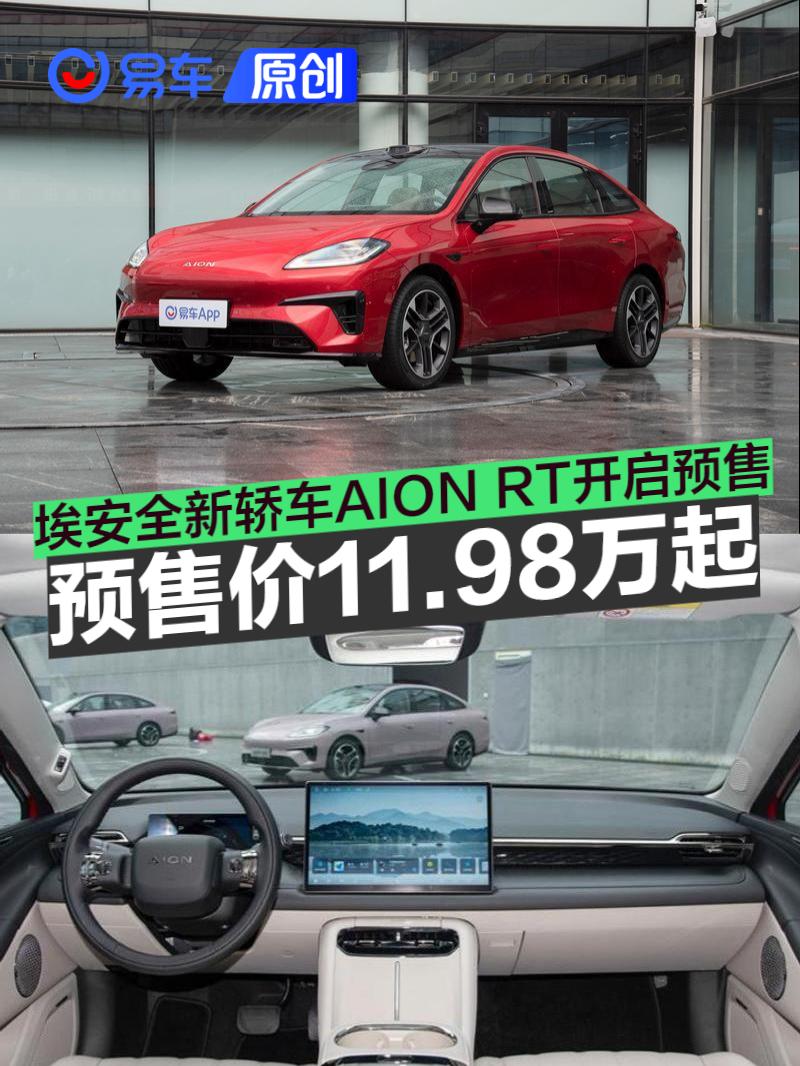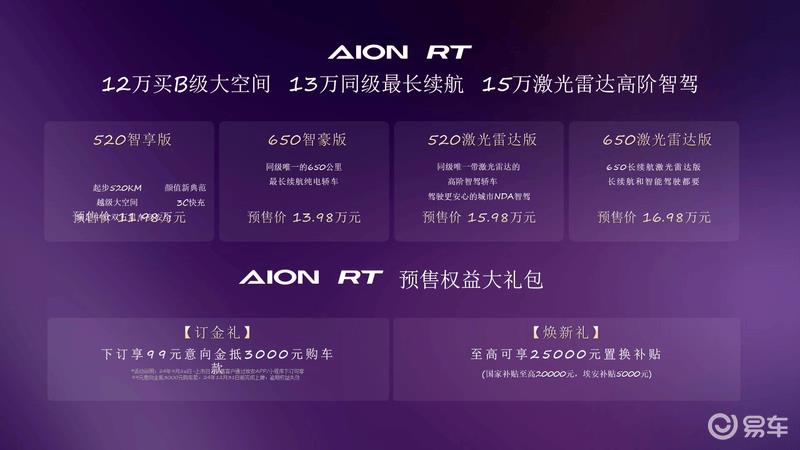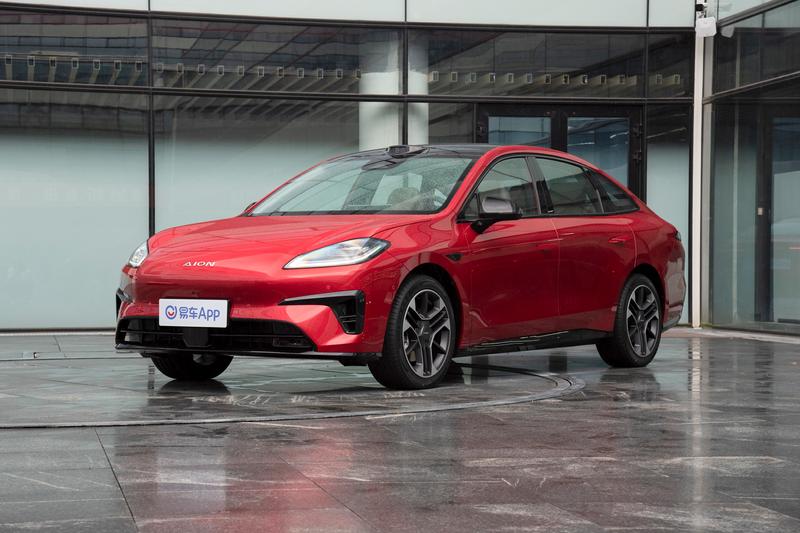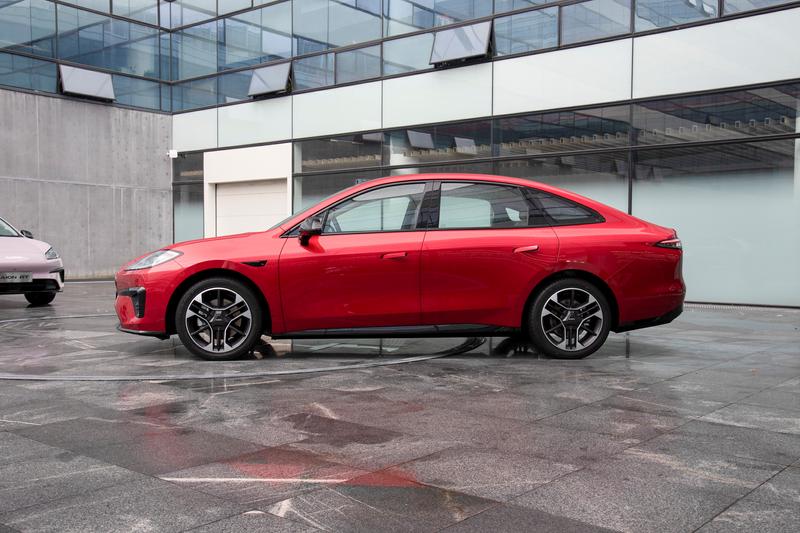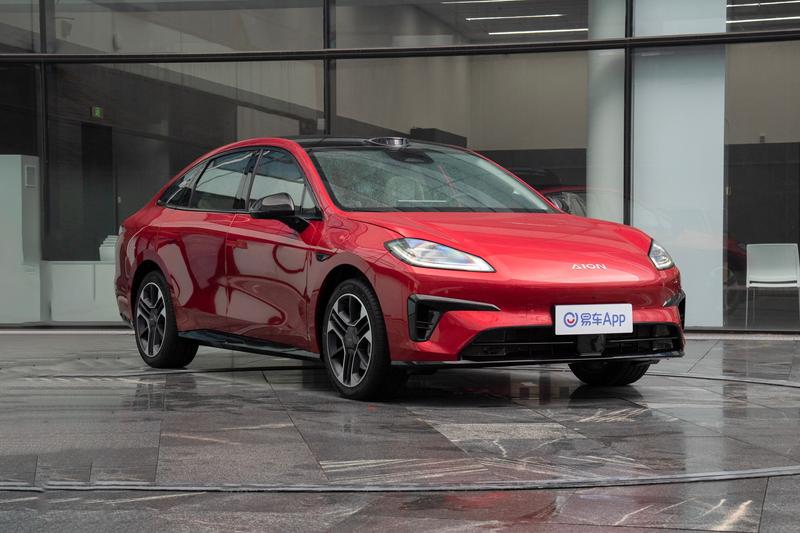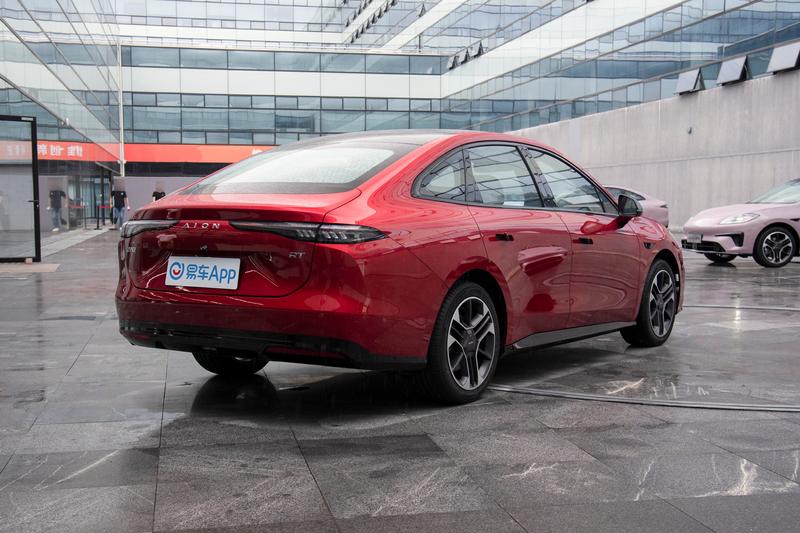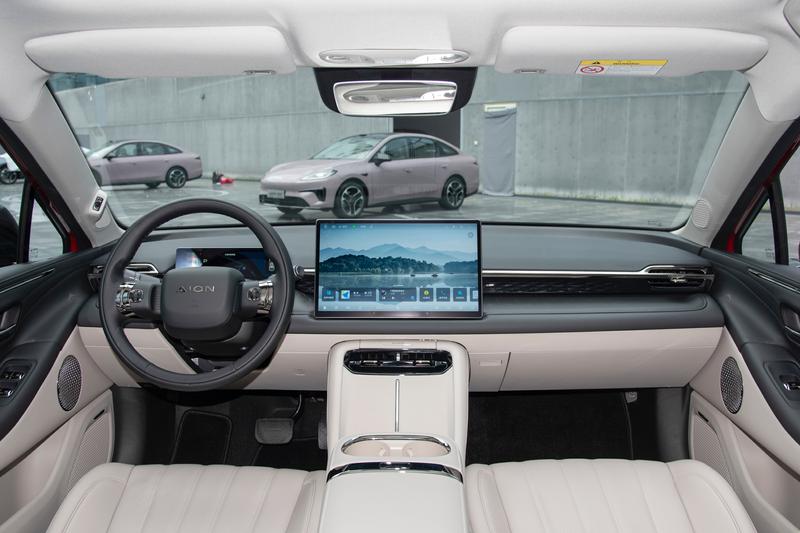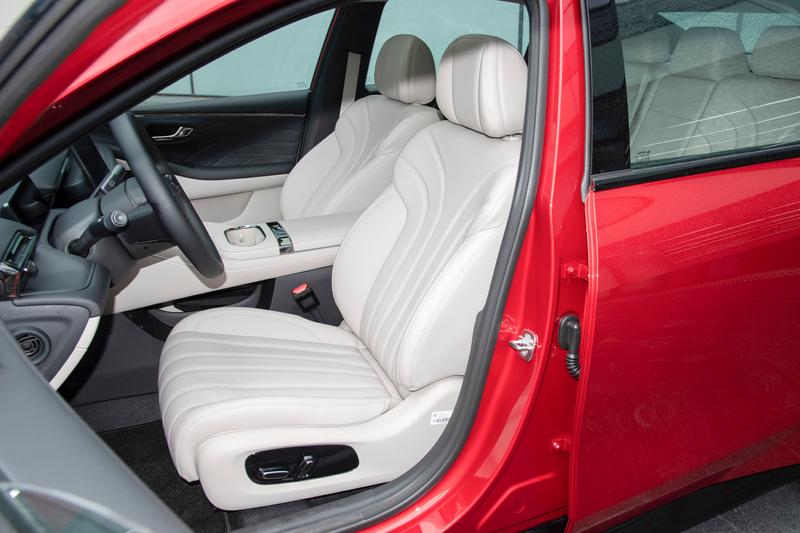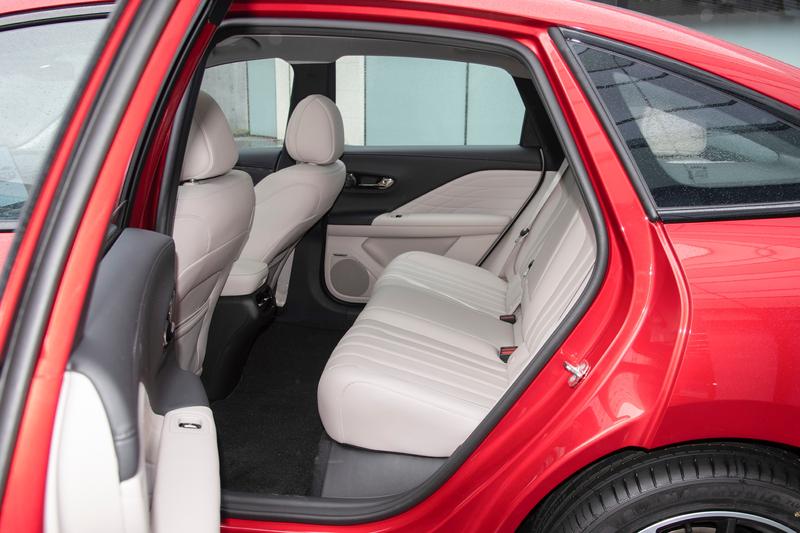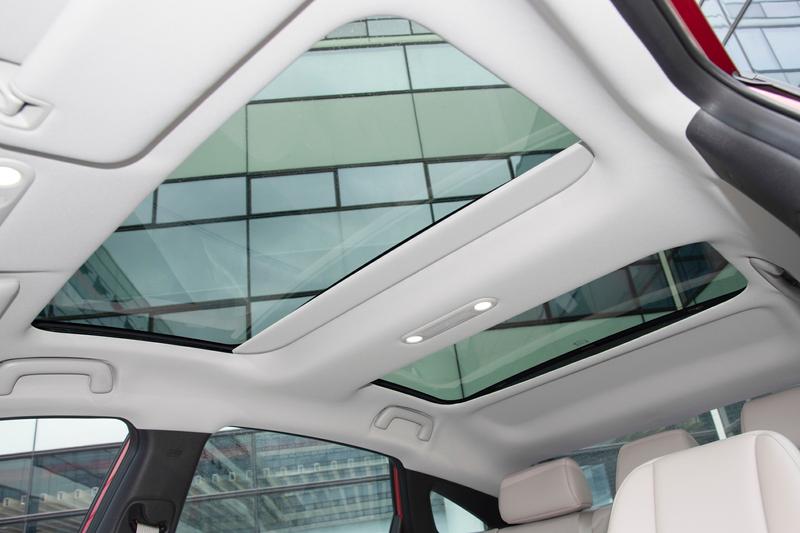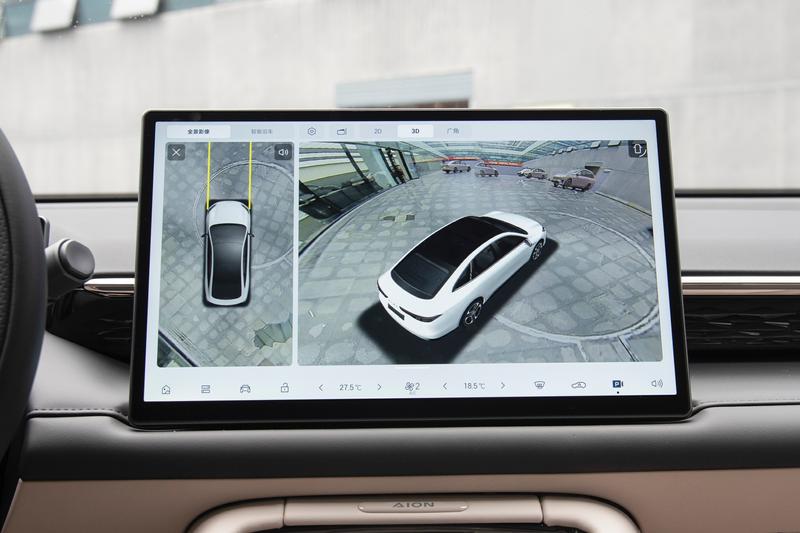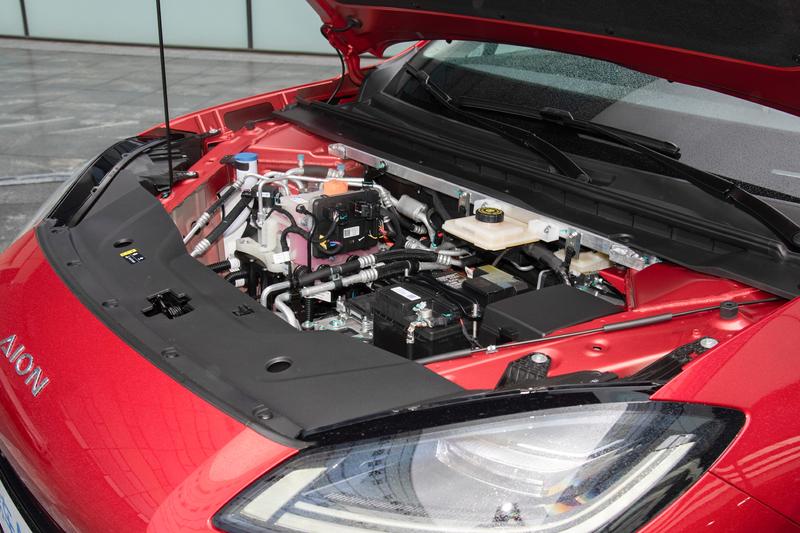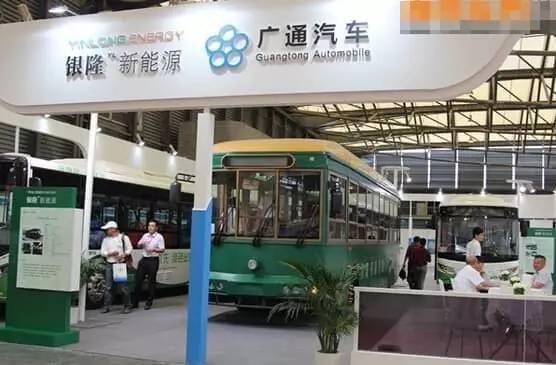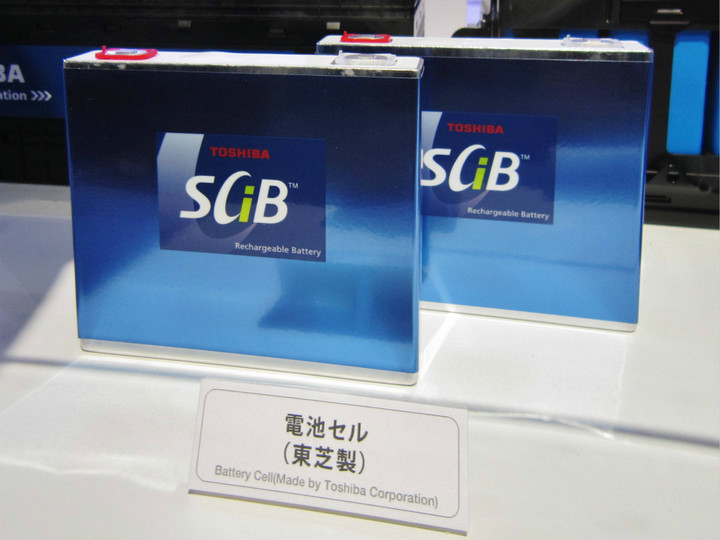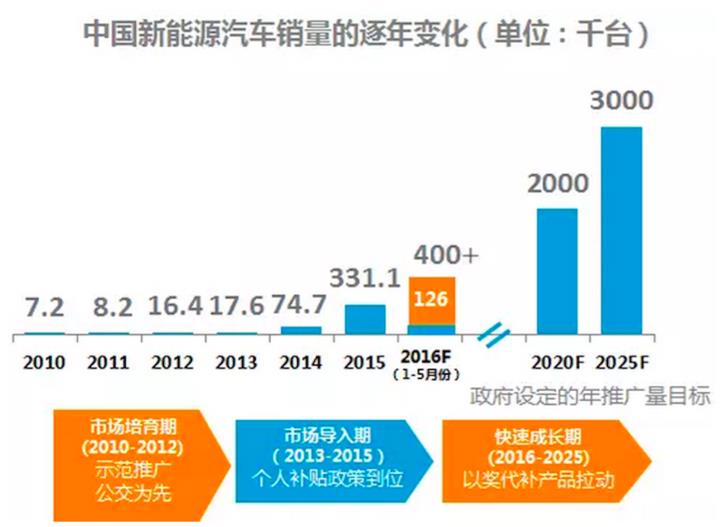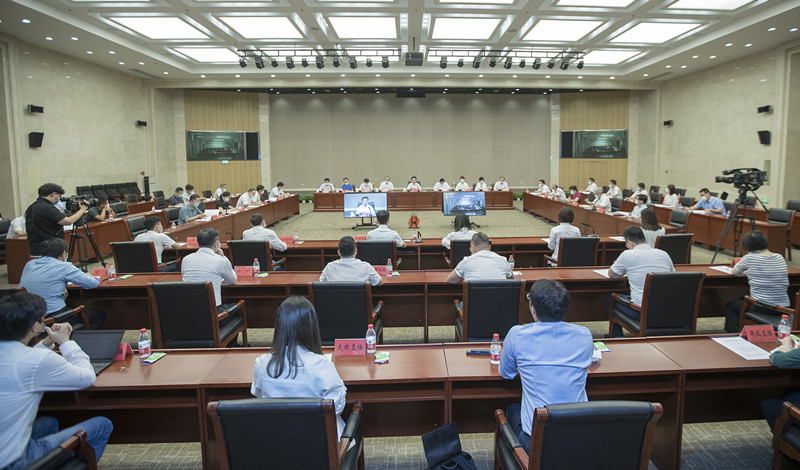China is a big producer and user of lead-acid batteries, and the output of lead-acid batteries accounts for more than 40% of the world’s total output. At present, despite the rapid development of lithium batteries and hydrogen batteries, lead-acid batteries are still widely used in transportation, communication, energy storage, logistics and other industries because of their stable performance, safe use and high cost performance. Zhang Tianren, Chairman of the Board of Directors of Tianneng Group, told the Science and Technology Daily reporter that with the improvement of environmental protection and industry access, at present, the pollution source of lead-acid batteries has shifted from production to recycling and regeneration.
The Interim Measures for the Management of Lead-acid Battery Recycling (Draft for Comment) (hereinafter referred to as the "Measures") drafted by the National Development and Reform Commission, etc., is precisely to grasp the weakest link in the prevention and control of lead-acid battery pollution throughout its life cycle, and requires that the standardized recovery rate should reach over 60% by the end of 2025.
"Underground industrial chain" recycling accounts for 70%
With the continuous exploitation of lead ore resources in China, there are not many primary lead reserves, which can no longer meet the domestic industrial demand for lead. The data shows that in 2018, China’s refined lead production was about 5.25 million tons, accounting for about 44% of the global lead production. Among them, there are about 3 million tons of primary lead and 2.25 million tons of recycled lead. At this development rate, China’s lead ore resources will be basically mined after 10 years. If the recycling of waste lead-acid batteries and lead-containing wastes is not accelerated, there will be a serious shortage of lead resources in China.
Zhang Tianren said that the environmental pollution of lead-acid batteries in the manufacturing process can be prevented, cured and controlled, but the pollution situation in illegal recycling and disposal is serious. Some small business hawkers buy illegally in the streets and lanes. After simple crushing, they sell lead plates to unqualified small workshops and small smelters. Small smelters lack or even have no environmental protection facilities, and they can be smelted with just one pot; Batteries are disassembled at will, acid liquid is dumped at will, lead dust is discharged at will, and lead slag is disposed at will.
According to incomplete statistics, about 198 million lead-acid batteries weighing more than 5 million tons are scrapped every year, of which only 30% are recycled through formal channels and standardized smelting, while 70% are recycled through "underground industrial chain". In China, more than 300,000 tons of lead-containing waste acid are directly dumped due to illegal recycling every year, which seriously pollutes the environment.
In order to solve the problem of illegal purchase by small traders and hawkers, the Measures put forward the "ledger system and big data management", that is, the electronic ledger system for key nodes in the whole life cycle of lead-acid batteries is implemented, and lead-acid battery production (import), sales, collection, storage, transportation and resource utilization enterprises should establish ledgers as required to record the types, quantities, flow directions and other information of waste lead-acid batteries; Enterprises such as lead battery production (import), sales and resource utilization record electronic ledger information, and upload the last quarter ledger information to the lead battery life cycle management information system within the first 15 days of each quarter.
Zheng Qiuhua, general manager of Guangdong Lvxun Energy Technology Co., Ltd., said that this enables the collection of each waste lead-acid battery to achieve the purpose of "traceability, quantity and responsibility", thus improving the standardized recovery rate of waste lead-acid batteries and reducing the risk of environmental pollution.
Solve "difficulties" such as trans-provincial transshipment and network construction.
"Supporting large-scale backbone lead-acid battery manufacturers to establish a standardized recycling system and bringing the recycling and disposal of used batteries into a standardized track will help protect the ecological environment." Zhang Tianren explained that there are three main difficulties in building a recycling system. First of all, it is difficult to transport lead-acid batteries across provinces. As waste lead-acid batteries are classified as hazardous waste, a hazardous waste transfer form must be filled in when transferring them across provinces. Generally speaking, even if the approval procedures are smooth, it will take about 3 months; Secondly, it is difficult to build outlets. According to the requirements of relevant national laws and regulations, it takes more than half a year to engage in the recycling business of used lead-acid batteries, and the procedures are complicated. It is also necessary to build a standardized recycling company in each prefecture-level city, which is costly. There is also a shortcoming in finance and taxation. Recycling enterprises disperse recycling from individuals or outlets. It is impossible for individuals to issue VAT invoices to recycling enterprises. However, when selling waste batteries to regular recycling enterprises, 17% VAT invoices are required, which is too expensive. Small business hawkers sell to small smelters through invoice-free transactions, and the cost is greatly reduced. "This is the main reason why regular enterprises can’t collect used batteries or buy them at a loss."
The "Measures" propose that the undamaged waste lead batteries with intact tamper-proof labels should be conditionally exempted from hazardous waste management in collection, temporary storage, storage and transportation; If there is no tamper-proof mark, the tamper-proof mark is incomplete or damaged, it shall be managed as hazardous waste.
"In the past, even the waste lead-acid batteries with complete packaging and no damage had to be transported by special vehicles for hazardous chemicals logistics, and the price of special vehicles for hazardous chemicals logistics was more than twice that of ordinary logistics transport vehicles." Zhang Tianren said that the differentiated management of the Measures has greatly reduced various procedures for formal recycling enterprises, reduced their operating costs and improved their market competitiveness.
The Measures also put forward "joint recycling", that is, encourage lead battery manufacturers, sales enterprises, standardized recycling enterprises, resource utilization enterprises and harmless disposal enterprises to strengthen cooperation and jointly build a recycling network system for waste lead batteries; Encourage production enterprises to establish a reverse recovery network system of used lead batteries by relying on motor vehicle maintenance outlets and battery sales networks, and encourage production enterprises to adopt business strategies such as "trade-in" and "sell one for another" to improve the reverse recovery rate.
Zheng Qiuhua said that countries such as Europe and the United States have started collecting and utilizing waste lead-acid batteries earlier, and have more standardized recycling systems and policies. If the United States implements the deposit system, users need to add a high recovery deposit when purchasing lead-acid batteries, forcing users to hand over scrapped lead-acid batteries to designated recovery points for recycling, otherwise the deposit will not be refunded; German law requires manufacturers of lead-acid batteries to sell and collect waste lead-acid batteries in a "one-for-one" way, otherwise the sales of lead-acid batteries will be prohibited. The "Measures" also absorbed foreign advanced experience and narrowed the gap between domestic and foreign countries in regulating recycling and recycling.
Improve the punishment mechanism to prevent "resurgence"
Waste lead batteries contain 65% lead plate, 20% sulfuric acid, 15% plastic and other auxiliary materials. The lead recovery rate of waste lead storage batteries in developed countries is over 98%, and that of large-scale recycled lead enterprises in China is generally over 90%, and some recycled lead enterprises adopting international technology and equipment even reach 99.9%. However, the process of small workshops and smelters is backward, and the lead recovery rate is less than 70%. Even if the recovery rate is 90%, the annual lead loss caused by small smelters is about 700,000 tons. Moreover, the cost of obtaining resources through regeneration is much lower than the cost of obtaining resources directly from smelting and processing of ores and raw materials.
In order to combat and put an end to illegal recycling and recycling, the Measures stipulate that units and individuals engaged in the sale, collection, storage, transportation and resource utilization of lead-acid batteries without obtaining industrial and commercial business licenses shall be punished; Those who sell waste lead-acid batteries to non-compliant enterprises shall be ordered to make rectification within a time limit and other relatively perfect "punishment mechanisms".
In this regard, Zhang Tianren said that small recycled lead refineries built without environmental protection approval should be resolutely banned, joint law enforcement should be strengthened, a high-pressure situation should be maintained, and a long-term mechanism should be established to prevent "resurgence"; Those responsible for causing environmental pollution shall be severely punished and held jointly and severally liable; Give play to the role of public supervision, set up a reward mechanism for reporting, and investigate and deal with reports together; Increase consumer education, so that the whole people can establish the concept of saving resources and protecting the environment, and consciously resist the pollution in the process of disposal and regeneration of waste lead batteries.
Including the planning and tightening of lead storage battery recycling management, the threshold of lead storage battery industry is being further improved. For example, at the beginning of July this year, the Ministry of Industry and Information Technology punished seven lead battery manufacturers, including Jiangsu Jinchangxing Power Supply Co., Ltd. and Shenzhen Xiongtao Power Technology Co., Ltd., which did not meet the "Lead Battery Industry Specification Conditions (2015 Edition)" and "Lead Battery Industry Announcement Management Measures (2015 Edition)". (Reporter Li He)
